What's Your Story, Morning Glory?
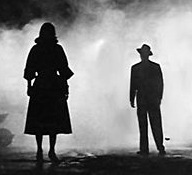
“‘I need your help,’ the blond whispered in my ear as she took me by the arm and started fast-walking me towards Boylston Street. Before I knew it, she pulled me into a taxi and barked ‘Copley Square’ at the driver. As we sped off, I noticed two men in dark overcoats and Homburg hats who were apparently trying to catch the same cab.
‘Stop here’ she said, when we pulled even with the Copley Plaza Hotel. She pushed me out of the cab door, threw some money at the driver, and we ran past the doorman into the crystal chandeliered lobby.
‘I have to use the Ladies’ she said, and while I was waiting, those two men in the Homburg hats came through the door. They had their right hands pushed inside their overcoats like this. . . .”
My father was breathless. He had come home late from work with this incredible story. My sister Connie and I (ages 11 and 5 at the time) were apparently the first audience for this tale.
I was vaguely aware that my mother Nan Culler was standing in the door to the red and white kitchen of our 1952 ranch house with her arms crossed on her ample bosom. Nan, the polymath school teacher, who’d stayed home to care for her children, was doing her best imitation of a displeased Queen Victoria, “We are NOT amused.”
But Connie and I were enthralled. “What happened next?”
“I left and took the subway to Harvard Square and caught the next bus home and here I am, late for your mother’s delicious supper. Go wash your hands.”
From our only bathroom, I heard my father go on about the blond and my mother say “. . . fine for the children, Raymond, but you should remember that I am not a child and neither are you.”
I come by natural mode of communication honestly. In the words of Hank Williams, Jr. “It’s a family tradition.”
My father told stories all the time. The blond was a favorite, told with all the sultry suspense of the noir detective novels he sometimes read. I’ve come to learn that the blond appeared when he needed a distraction from his latest failing. Connie and I loved the stories of the blond; my Mom, not-so-much.
My first memories of his stories were in bed on a Saturday morning with the covers pulled over our heads, “going to the circus.” I marveled at the smell of the sawdust and peanuts and never questioned that there was an entire three ring circus under the covers in one of our beds somewhere around where our toes might have been. There was always a backstory to the performance, the beautiful acrobat who walked with a slight limp because she fell last week or the ringmaster who once was a hobo, got a job as a roustabout and worked hard until the old ringmaster notice his deep rich bass voice and began training his replacement, “LADIES AND GENTLEMEN. PLEASE TURN YOUR ATTENTION TO OUR CENTER RING.”
So I learned to tell stories to amuse my own children and now my daughter, Tegan, has passed on the family talent to her daughter, Phoebe, “age, 4 ¾ - 5 on September 30 –it’s on a Saturday this year, you know!”
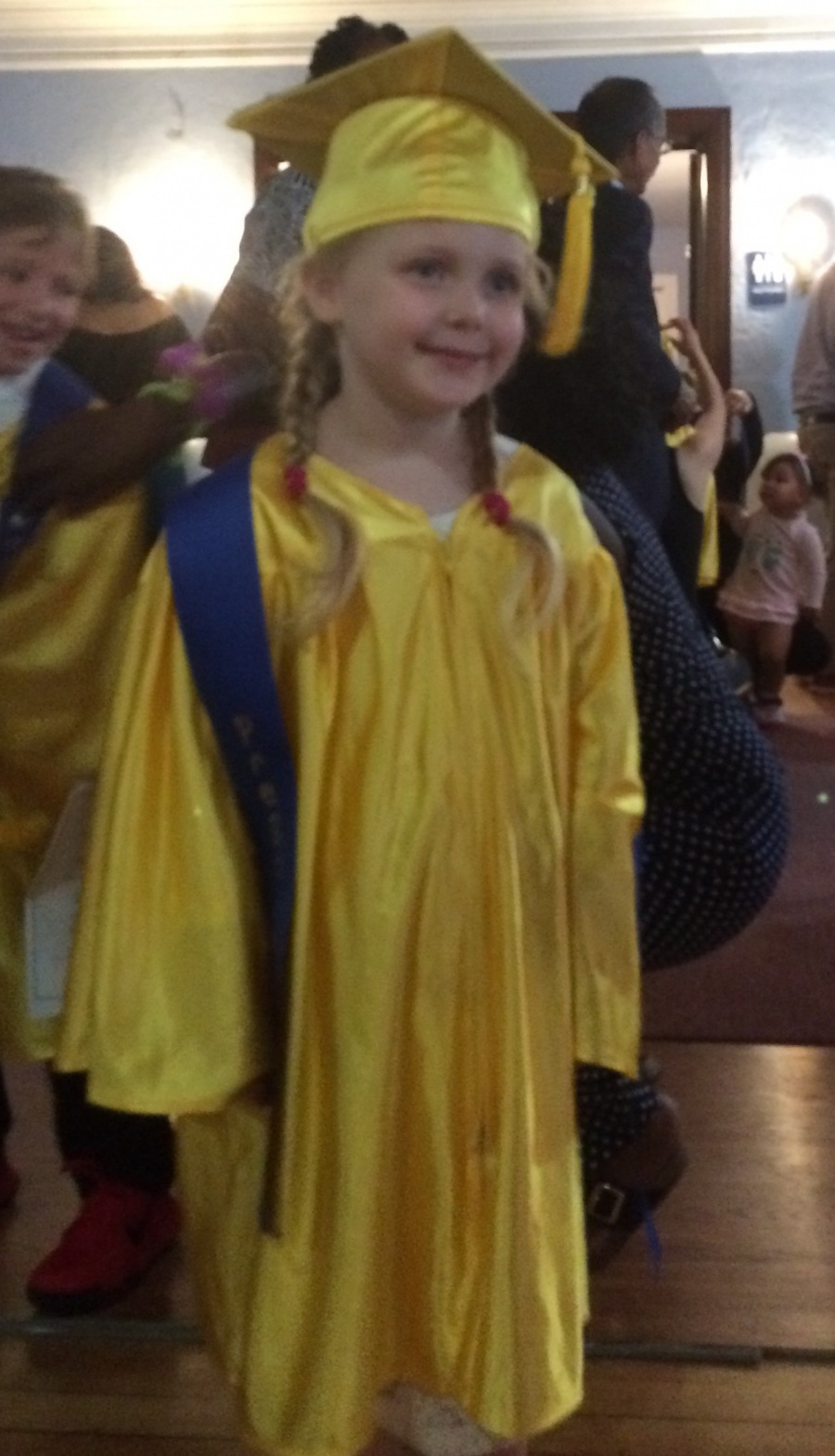
So I tell stories and I collect other people’s stories. Recently, I posted a buzz about Ed MacGregor, a former train engineer, who found a second career in retirement and taught me about self-reliance.
@Ali Anani, one of the truly great thinkers and storytellers on beBee left some positive comments. "Only humans tell stories. . . you shined. . .Consulting as storytelling, what a great idea.”
I responded “High praise indeed from such a wordmaster. . . I am currently reading Neil Stephenson and Nicole Galland's book The Rise and Fall of Dodo, wherein they posit that magic, as practiced by witches, shamans, and storytellers, comes from facilitated connections to the multiple parallel universes used to explain quantum effects.
Perhaps some stories resonate because they mirror what's in what Jung called our collective unconscious - thought is powerful because it is shared by many.”
Ali 🐝 Anani, Brand Ambassador @beBee, thought catalyst that he is, encouraged me to think about expanding this comment into a buzz. I told him I would think on it.
I have grokked, in the words of Robert Heinlein’s, character in Stranger in a Strange Land, literally “to drink,” or to drink in knowledge and let it slosh around until something makes sense.
Here are some of my thoughts, shared with my beBee connections, not as the bee-all buzz about stories, but to start a conversation about storytelling.
Where do stories come from?
Recently I read an interview with an author (Neil Gaiman?) who lamented about his most frequent question from a certain type of reader, “’Gosh, where do you get your ideas from?’” The author sighed –“Ideas are never really the problem for me. I make stuff up and I write it down. The bigger problem for me is which idea to choose.”
Above, I suggest that stories may exist in the ether, in the Jungian collective unconscious, or the thought patterns between multiple universes. Certainly there are some stories that are archetypal. Joseph Campbell, the American mythologist, showed us the common truth between the myths of many cultures – there is a Hero with a Thousand Faces and a classic tale of the Hero’s Journey that many different peoples have used to describe what a leader must do.
My stories, typically come from my life, my almost 70 years on the planet, what I’ve seen and heard about from family, friends, and reading. When I am writing for business, I most often start with what I want to say. “I grok on it.” My personal stories become illustrations to the point I want to make. That happens in conversation too. My songs often come from a chord progression on the guitar, which reminds me of a feeling, which I then put a story to. If/when I end up writing fiction, stories may require a bit more planning and a return to Joseph Campbell.
Where do your stories come from?
What are stories used for?
Shamans used myths to explain the world – how was the world created? What is my rightful place in the universe? How does a good person behave that is different from how a bad person behaves? I use my stories to illustrate business points about leading change, continuous improvement, innovation, how teams work.
Sarah Elkins uses storytelling as a vehicle for helping individuals and companies build a personal brand. She encourages vulnerability “putting yourself out there,” by example. Witness her recent story on getting her first/only tattoo.
My Forum colleague, Edward Wachtman, in his company Storytellings bases customer research on archetypal stories to build resonant market presence and aligned corporate culture.
What do use stories for?
What makes a good story?
Some stories teach; some stories entertain. Some do both. All good stories engage the reader or listener.
A story may engage by presenting a unique idea, worldview, or concept – what if there were a world covered entirely by sand? (Dune.) Or I wonder what people’s everyday life was like for Londoners and Parisians during the French Revolution (A Tale of Two Cities.)
A story may engage the listener with a character they can identify with – Frodo, the Hobbit with the impossible challenge in Tolkien’s Lord of the Rings or Harry Potter.
In my experience great stories may challenge my thinking, but they always touch my emotions.
What makes a great story to you?
Story structure
I don’t intend to reiterate Literature or Creative Writing 101 here. Suffice it to say stories have a beginning, a middle and an end – really profound right? There is often some opening scene that leaves the listener wanting more and an introduction to the characters and a central problem for the protagonist. This is followed by crises faced by the protagonist (protagonist vs. antagonist, protagonist vs. events beyond her control). Then follows a climax – some problem solving or decision that works (or doesn’t in the case of tragedy.) Then comes the denouement, the winding down, the happily - (or unhappily) ever-after bit. (This is where the fabulist draws the lessons or in the case of the business consultant – what you might take away from this story of kids making a sled run in the 1950s.)
In my view all great stories have a great first line:
“It was the best of times; it was the worst of times.” (A Tale of Two Cities, by Charles Dickens)
“The man in black fled across the desert and the gunslinger followed.” (The Gunslinger, Book 1 of the Dark Tower series by Stephen King)
“Once upon a time . . .”
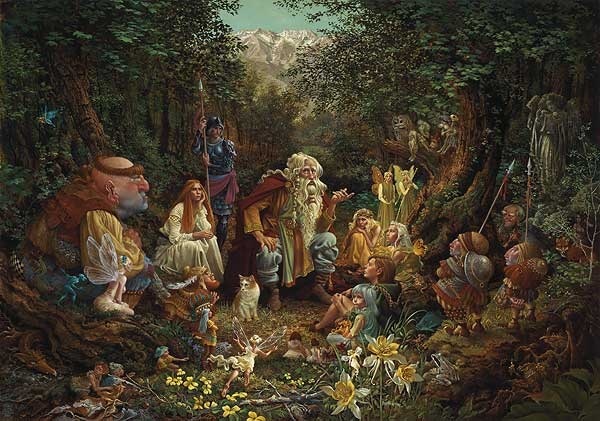
And now, let’s begin this conversation about storytelling.
One of the great joys of my beBee experience is that there are so many great writers buzzing here. So, now,
Sarah Elkins Sarah Elkins, Ali 🐝 Anani, Brand Ambassador @beBee, Liesbeth Leysen, MSc. International Management, Certified Executive Coach. Brand Ambassador beBee, Inc., Sarah Elkins, Jerry Fletcher, Franci🐝Eugenia Hoffman, beBee Brand Ambassador, Melissa Hefferman, Tausif Mundrawala, Harvey Lloyd, Jerry Fletcher, Jim Murray Melissa Hefferman; Lyon Brave, Phil Friedman, Jim 🐝 Cody, Harvey Lloyd, and all others,
in the frequent words of my sister, Carolyn, when I was 10 and she was 21,
“What’s your story, morning glory?”
电��P"""
Articles from Alan Culler
View blog
“Leadership!” “Those at the top must lead the parade!” “Can’t do anything without the leaders.” · A ...
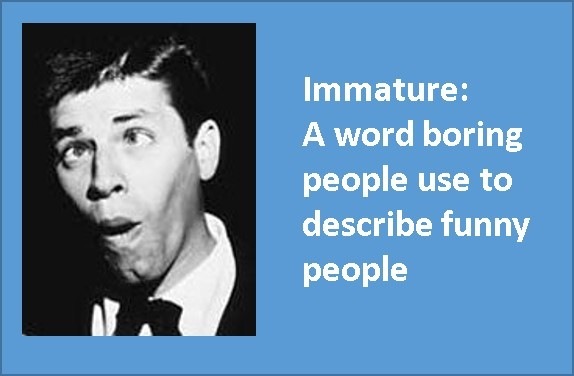
The late, great Jerry Lewis as a young comedian · “You are only young once, Alan, but you can be imm ...
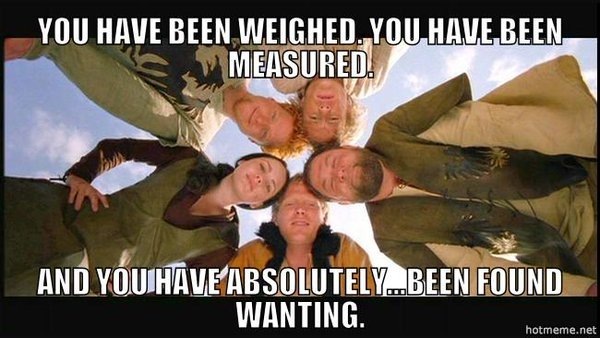
Heath Ledger, Mark Addy, Paul Bethany, Laura Fraser, and Alan Tudyk in the 2001 Columbia Pictures Fi ...
Related professionals
You may be interested in these jobs
-

Specialist Doctor
4 days ago
Direct apply
Nexus Innovations Reydon, United StatesFor our esteemed client, a primary care provider near the North Sea, we are currently seeking a specialist in radiology to join their team as soon as possible. The clinic group consists of four hospitals, which treat both inpatients and outpatients annually. These facilities are ...
-
Account Manager
1 week ago
Brad Cooper - State Farm Agent Kennesaw, United StatesJob Description · Job DescriptionROLE DESCRIPTION: · As Account Manager - State Farm Agent Team Member for Brad Cooper - State Farm Agent, you are vital to our daily business operations and customers success. You grow our agency through meaningful client relations and acting as a ...
-
Bus Driver
1 day ago
University Of Kentucky Lexington, United States Full timeRequired License/Registration/Certification · Commercial Driver's License (CDL) Physical Requirements Lifting objects up to 25lbs., sitting for long periods of time. Shift 7.5 hours/day, 2:00 pm to 10:00 pm, Monday through Friday. Job Summary Drivers provide courteous, friendly, ...



Comments
don kerr
6 years ago #21
Indeed.
Alan Culler
6 years ago #20
"People and stuff" -well said Pascal Derrien When I was 11 and at Camp Sachem Boy Scout camp in Antrim, New Hampshire the Camp director was a Poe fan. Every night, while we huddled in dark cabins with only dim flashlights for company, he would play a record over the camp PA system covering all 10 villages and 300 acres around Gregg Lake's north shore. It was a recording of Basil Rathbone reading Poe stories - "The Masque of the Red Death" was a favorite. "The "Red Death" had long devastated the country. . . .It was toward the close of the fifth or sixth month of his seclusion, and while the pestilence raged most furiously abroad, that the Prince Prospero entertained his thousand friends at a masked ball of the most unusual magnificence." "The Cask of Amontillado" another "The thousand injuries of Fortunato I had borne as I best could, but when he ventured upon insult, I vowed revenge." Years later, in my 30s, I found a copy of that record at a library rummage sale -time to pull it out again -Thanks for your comment and for the memories
Alan Culler
6 years ago #19
Well - Don 🐝 Kerr - even on beBee - Rare to find someone quoting "The Book of the Dead" - wonderful poetry Another favorite line seems appropriate here -"'What three things can never be done? Forget. Keep silent. Stand alone." - thank you for sharing -nice not to be standing alone.
Pascal Derrien
6 years ago #18
don kerr
6 years ago #17
Alan Culler
6 years ago #16
well said @Jordan Sands
Alan Culler
6 years ago #15
Sara Jacobovici I sometime miss your posts as well -there ems to be limits to my time -which I know you also write about -time and stories in the multiverse are said to be infinite, but I have trouble getting out of this universe sometimes -ah -when to "Be Here Now" and when to "Be Open to Infinite Possibility" Thanks for sharing to the Only Humans Tell Stories Hive -I'll look that up.
Alan Culler
6 years ago #14
Yeah Harvey Lloyd Because the listener settles into the imagined analogue world of the story -what need has she of a digital display Thanks for your comments.
Alan Culler
6 years ago #13
Thanks @Jordan Sands - Einstein said that imagination was our most important faculty - how do you think it relates to memory?
Alan Culler
6 years ago #12
Jerry Fletcher Thanks for continuing the conversation, Jerry. So many great ideas here -persuasion -the art of sharing knowledge or a point of view through story. Science fiction stories - in the words of Lionel Shriver "complaining about today's problems by projecting them into the future" Will look up Margie and the Aesop story. Thanks again
Sara Jacobovici
6 years ago #11
Sara Jacobovici
6 years ago #10
Sara Jacobovici
6 years ago #9
Definitely all connected Alan Culler. I always enjoy hearing a story attributed to one culture that another culture claims ownership for. I think this goes back to your discussion of Jung and Campbell.
Harvey Lloyd
6 years ago #8
Jerry Fletcher
6 years ago #7
Sarah Elkins
6 years ago #6
You're right, Alan Culler, a passion for stories knows no boundaries! And I've heard some great tales from every culture, it's how we continue our personal and family histories.
Alan Culler
6 years ago #5
Nothing jogs the memory like a good story -Thanks for joining the conversation Franci\ud83d\udc1dEugenia Hoffman, beBee Brand Ambassador
Alan Culler
6 years ago #4
I am likewise pleased to be connected with you Tausif Mundrawala - I agree listening and empathy would seem a prerequisite for a good story.
Alan Culler
6 years ago #3
Sarah Elkins Thanks so much for your comments. It is about the story - what immerses the listener in the tale. I too have spilled my share of liquids on the dinner table gesticulating obliviously -I'm not Jewish, Greek or Italian -though truth be told I do have a passion for Mediterranean food, people and cultures. Nope, I'm just an old Celt - in the sense of the ancient European people of 500 BCE to 500 CE, the Gauls of France, the Galatians, who ended up in Ireland, Scotland, Wales, Brittany, Cornwall, Iberia and the Isle of Mann -who did produce some stories themselves and their descendants have spilled a lot of beer. I think a passion for stories isn't limited by ethnicity -Google Sufi Stories. Thanks again. Alan
Sarah Elkins
6 years ago #2
Sarah Elkins
6 years ago #1